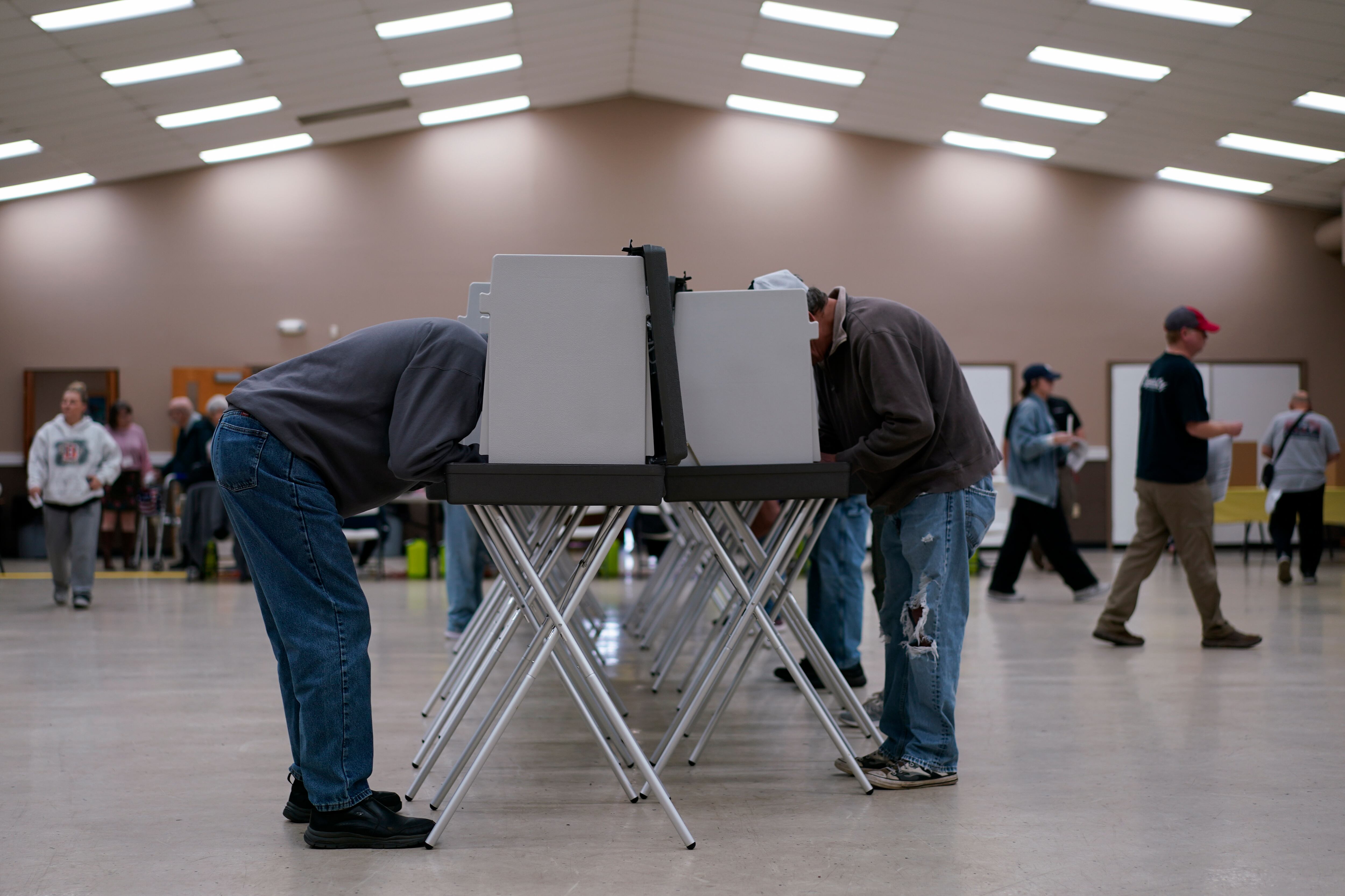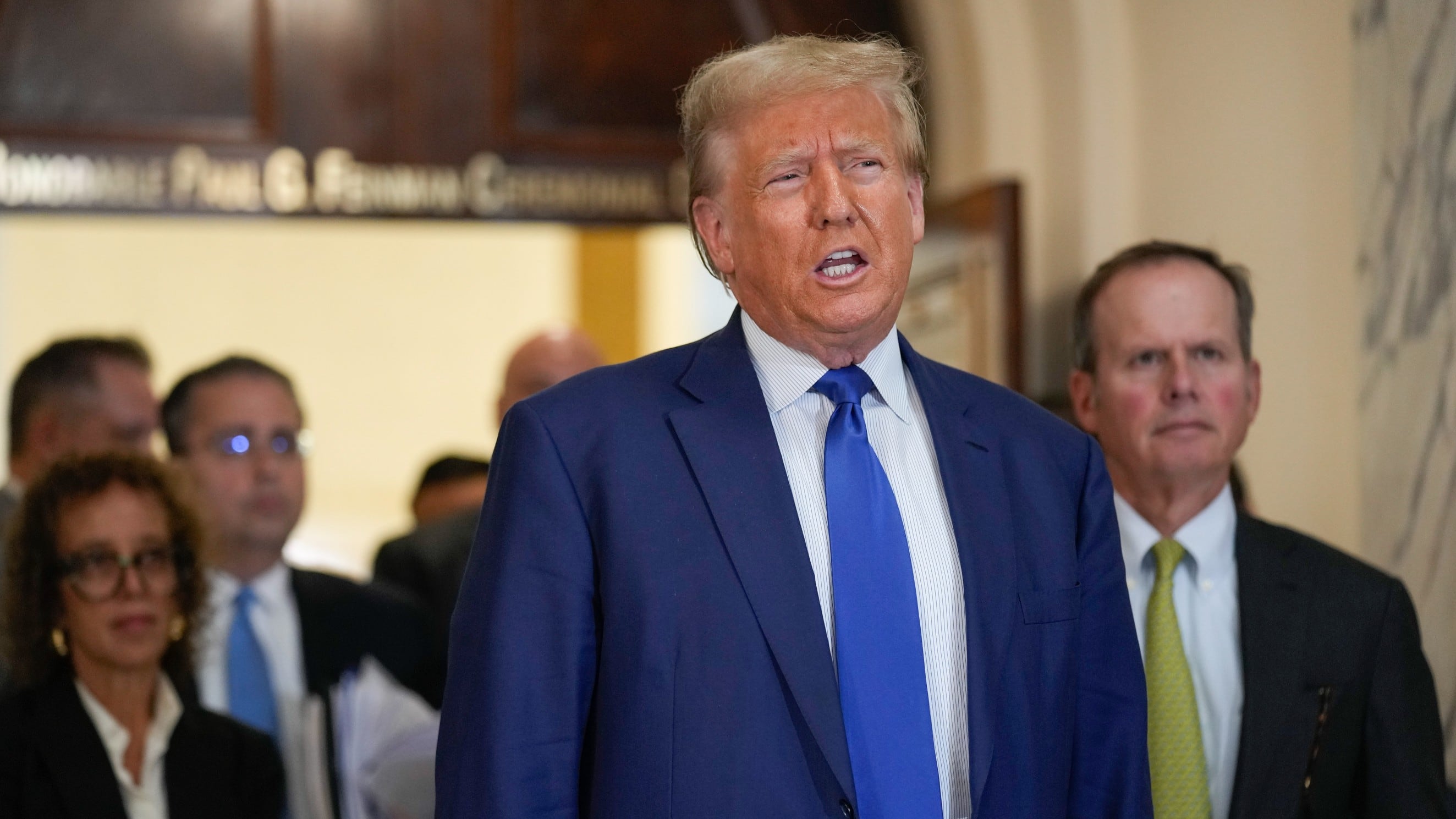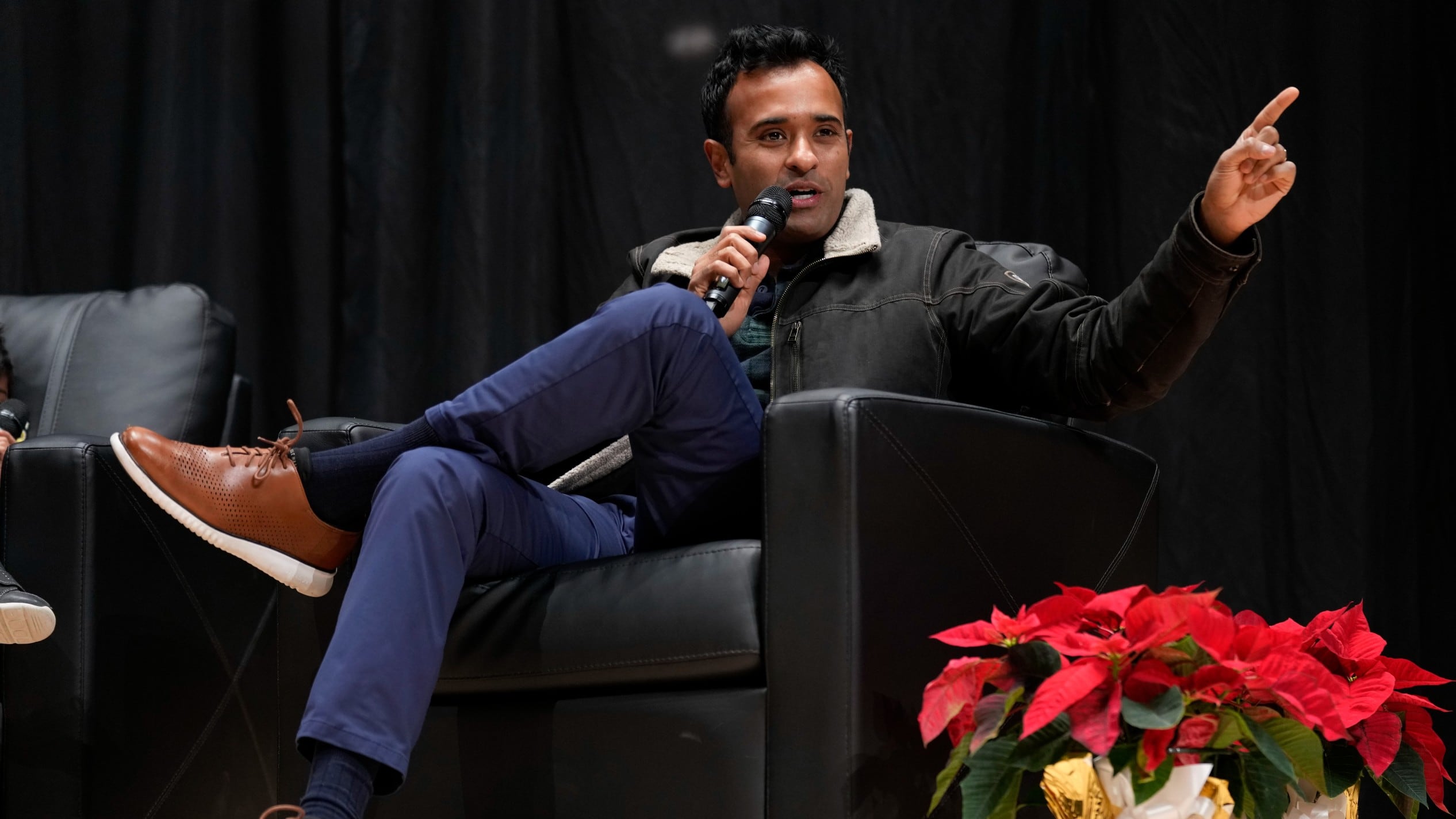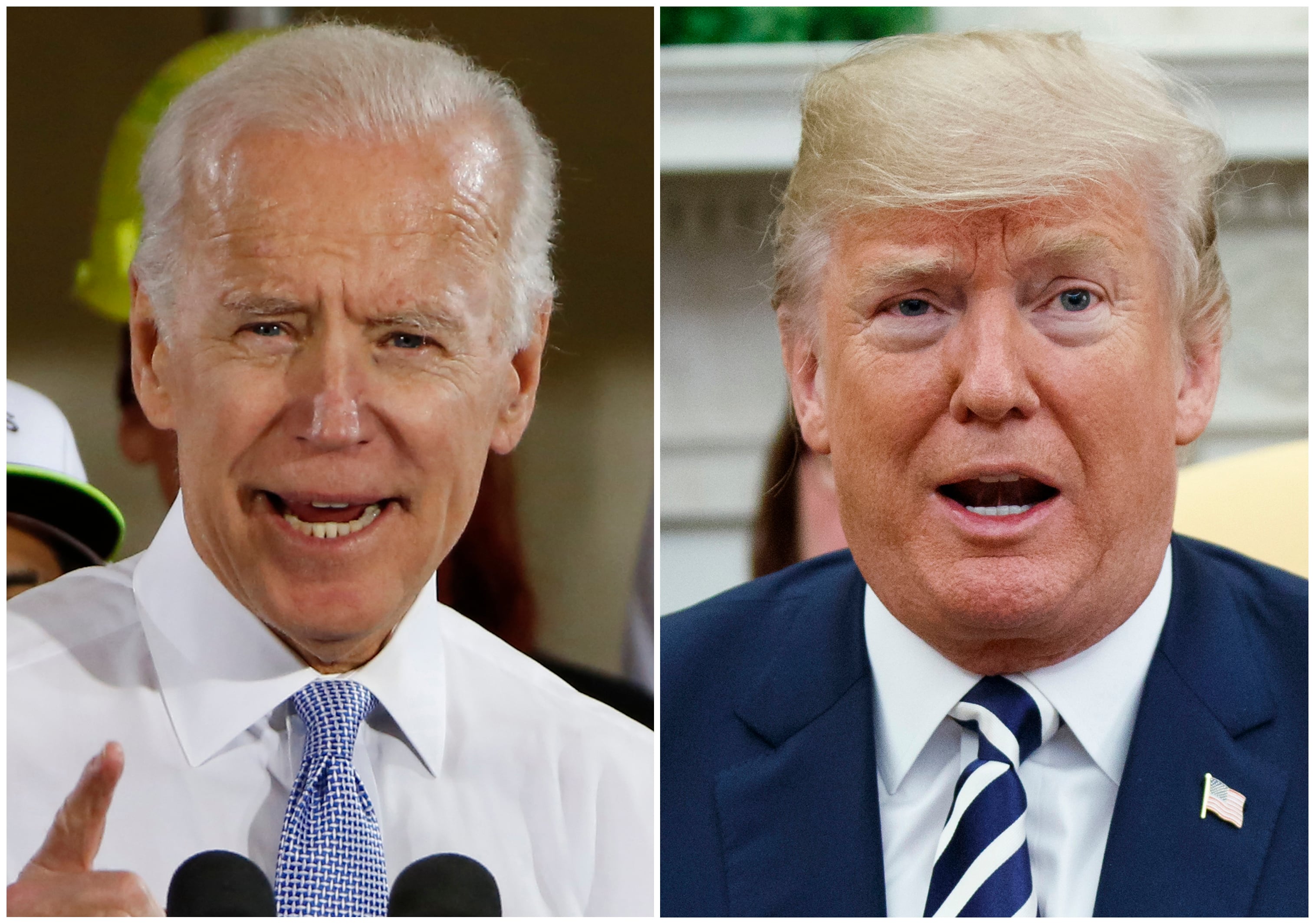On Monday, Georgia allowed restaurants and movie theaters to begin reopening to the public. That move, which follows the reopening of several other types of businesses on Friday, has been widely criticized.
Even President Trump, who had been tweeting at different states to 'LIBERATE' themselves, said that he disagreed strongly with Georgia's Governor Brian Kemp on his timing on easing restrictions.
But renowned neurosurgeon and Trump's Secretary of Housing and Urban Development, Dr. Ben Carson said that the rest of the country will gain a lot of insight from Georgia's experiment if it leads to success or added hardship.
"I think we'll soon know the answer to that. Either way, we're going to get some beneficial information," Carson told Cheddar over the phone Monday. "If what they did results in a thick spike and a horrible situation, then that tells everybody else, 'hold on.'"
Georgia also has one of the highest African-American populations in the country. Carson discussed the higher mortality rate observed particularly among black and Hispanic populations is actually a problem known about for a long time, yet little has been done to address it.
"Minority communities have a much higher mortality rate because of the underlying diseases," Carson said, listing hypertension and heart disease as examples. "We haven't done what we need to do to change the environments… If we don't go to the very foundation of the problem, then it's just patchwork."
Carson's Twitter feed itself is filled with positive stories of 'Neighbors Helping Neighbors,' a campaign his office is promoting amid the pandemic. The former brain surgeon also said there have been positive developments taking place regarding the virus.
"There are a number of [treatments] that are on the horizon that actually look extremely promising," he said.
Carson credited another government agency, the FDA, for being aggressive in allowing more treatments to be studied faster.
"Some of the double-blind studies are being done now on things that are controversial," Carson admitted. "In another month or two, we'll have the information on whether certain things are helpful or not helpful."
Researchers call the opposite of a double-blind study, open-label, where health care providers and patients are all aware of the experiment taking place. Georgia's experiment certainly will be visible to an entire country watching.
"We're gonna learn either way," Carson said.












